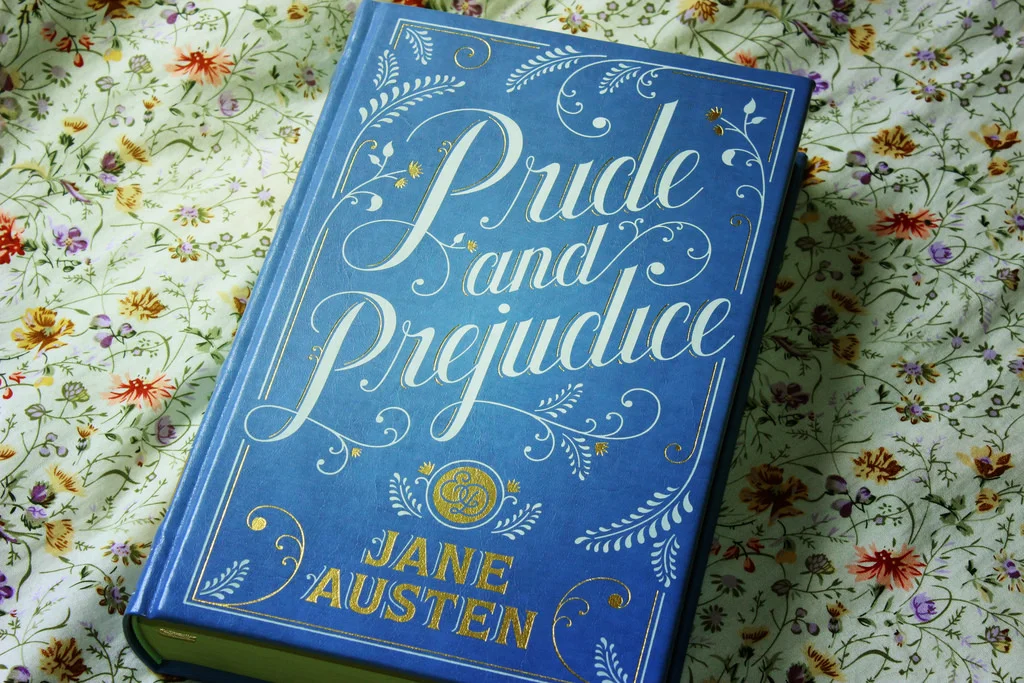Ropa's Feminist Journey
I believe that to some degree, I was a feminist from a very young age. I grew up in Zimbabwe and something that I remember clearly is that me and many other young girls resisted the ideals that the culture restlessly encoded within us. The idea that boys had more value than girls. Older women had succumbed to this idea, but we still refused to believe that we had to answer to our husbands, that boys were smarter than girls or that we had to stay faithful in marriages with unfaithful men. We questioned this, our young and unconditioned minds rebelled against these ideologies. I believe that to some extent every woman is born a feminist. Meaning that when we are young girls we regard ourselves as equal to boys. It should be common sense to a young mind that there is no superiority between the two sexes. At some point, through the conditioning of a patriarchal society, me and so many other Zimbabwean girls found ourselves inducted into this state of mind. I had become complicit and I had taken societies misogynistic values as truth, as many girls do. But when did this change? What was I exposed to that brought back the young girl in me who demanded equality?
I moved to England just in time for Year Seven and it was clear that though less socially extreme the same institutional misogyny was at work in Zimbabwe as it was in England. In year eight I came across Jane Eyre in the library, I had just read Pride and Prejudice and I was looking for something similar. The words in that book spoke directly to the young girl inside me.
‘I have as much soul as you, —and full as much heart!... I am not talking to you now through the medium of custom, conventionalities, nor even of mortal flesh: —it is my spirit that addresses your spirit; just as if both had passed through the grave, and we stood at God's feet, equal, —as we are!’
prideprej
I considered that these words were written in a time were the subordination of women was an unquestioned norm; however they had strength and passion that spoke to current situations as well. Reading this made me consider the freedoms we now had as women, I thought about how the strong passionate rebellion reflected in this book was a stepping stone on the road to the freedom we had obtained. But there was still inequality and I understood that with passion I too could become this stepping stone. So just like that the next time I heard someone say ‘you run like a girl?’, I found myself questioning, ‘what’s wrong with running like a girl? ’ To be able to truly understand feminism we must look back and see how far we’ve come, what we achieved and how we achieved it. Only then can we look at the realities of our present and think about how we make change. I believe for this reason that girls should be educated on the history of feminism, whether it be through school or in fiction like movies such as ‘Suffragette’ that depict the struggle women have had to go through to get us to this point.
As I grew up into a teenager my interest in social media peaked. I made a Tumblr account and just like that I was flooded with a myriad of progressive ideas. I realised that I still had a very problematic mindset. A lot of the things that I thought were my opinion at the time were rooted within misogyny. Though it has its problems, for many young people with progressive mindsets, Tumblr played a huge role in developing them. If we were raised being told that girls should be the one to prevent rape and that boys will be boys, it’s easy to see how we can take these ideas as truth and common sense. Scrolling on Tumblr one day I read a post that said, ‘instead of teaching girls how to avoid rape we should be teaching boys to not rape’. And just by reading that everything began to unravel in my mind and I could finally see the problem with simple things I had always accepted as truth. Not only did Tumblr give me an opportunity to unlearn what society had taught me, it gave me the courage to discover my own truth that I could then teach.




